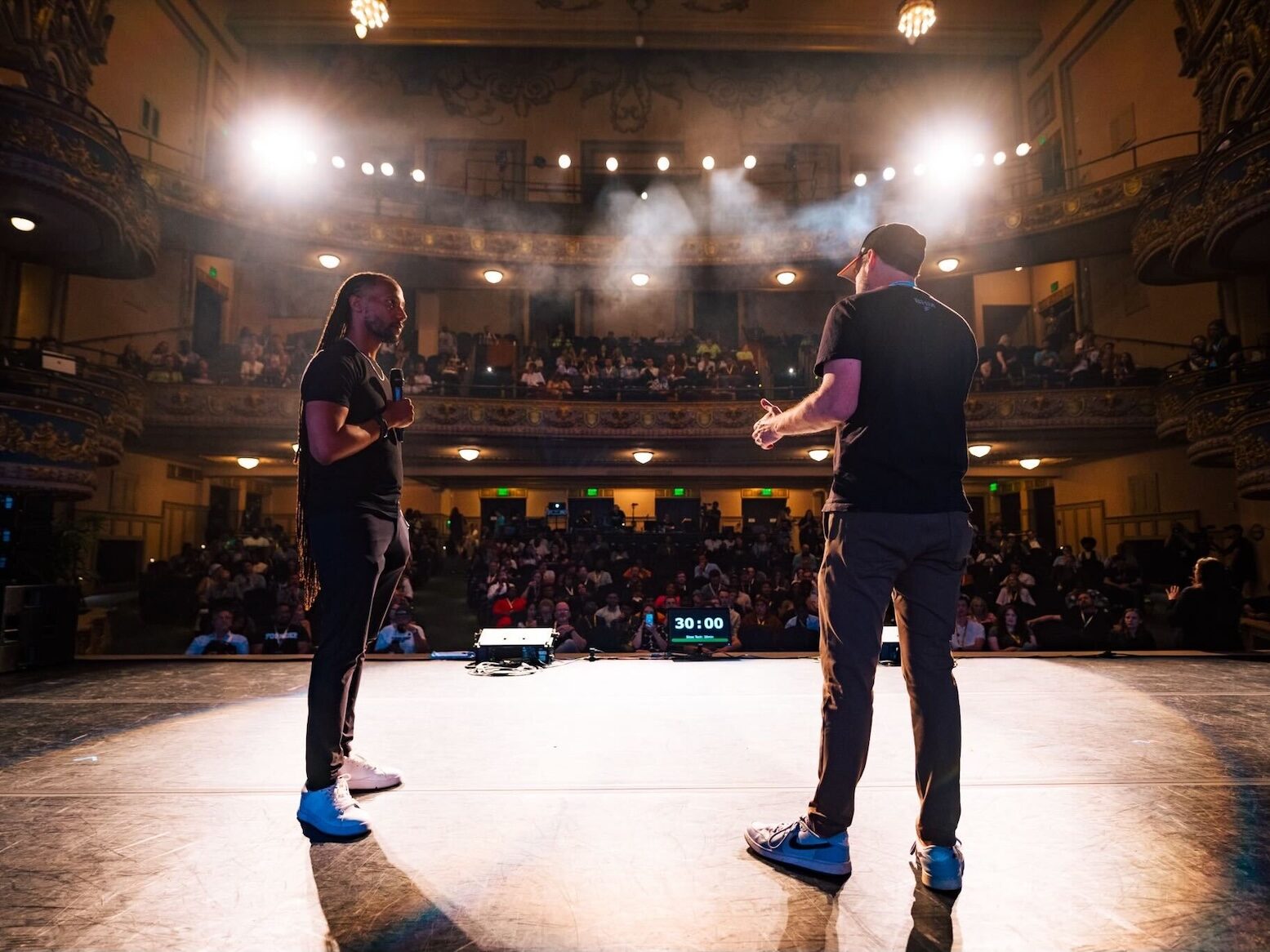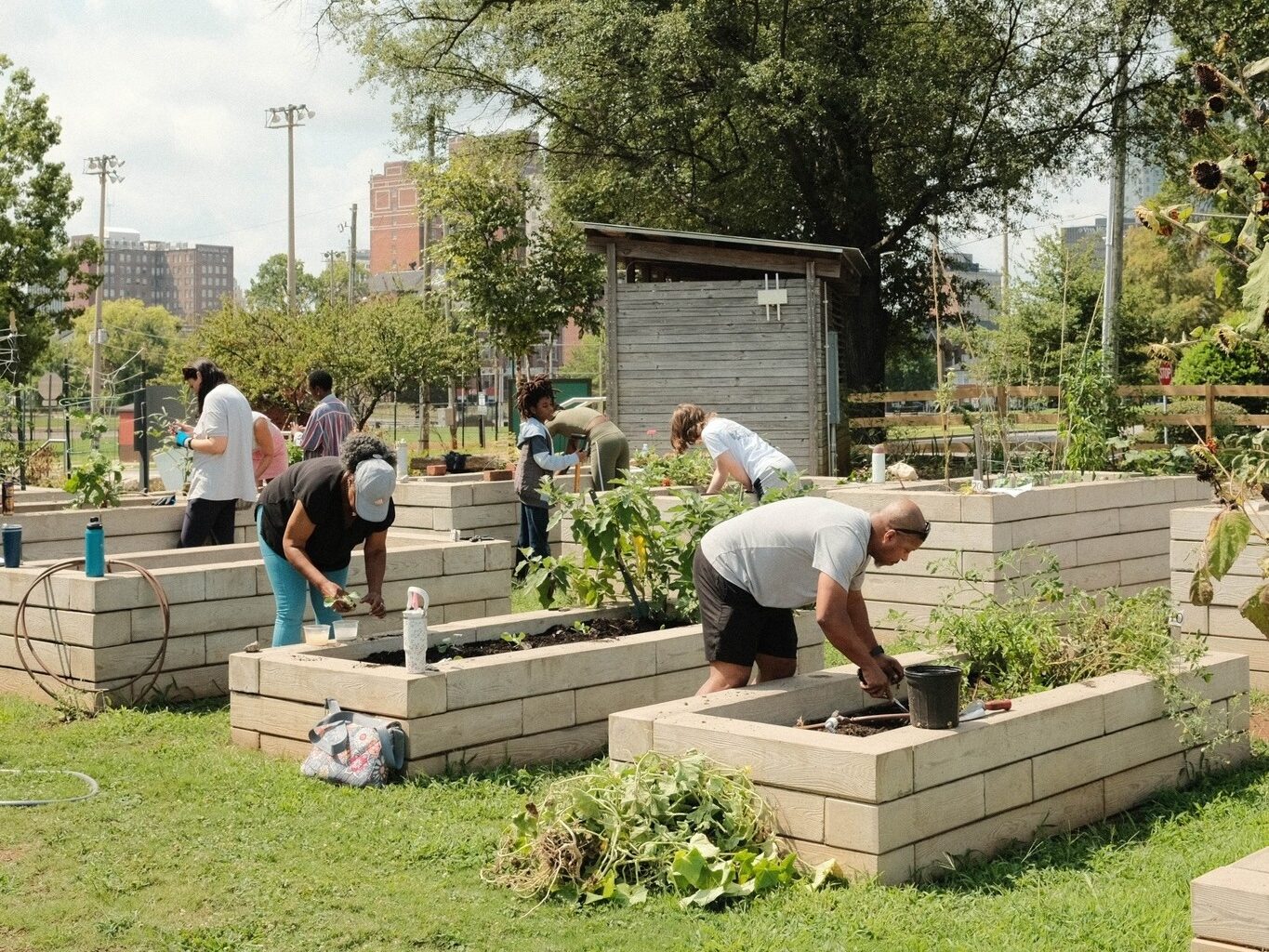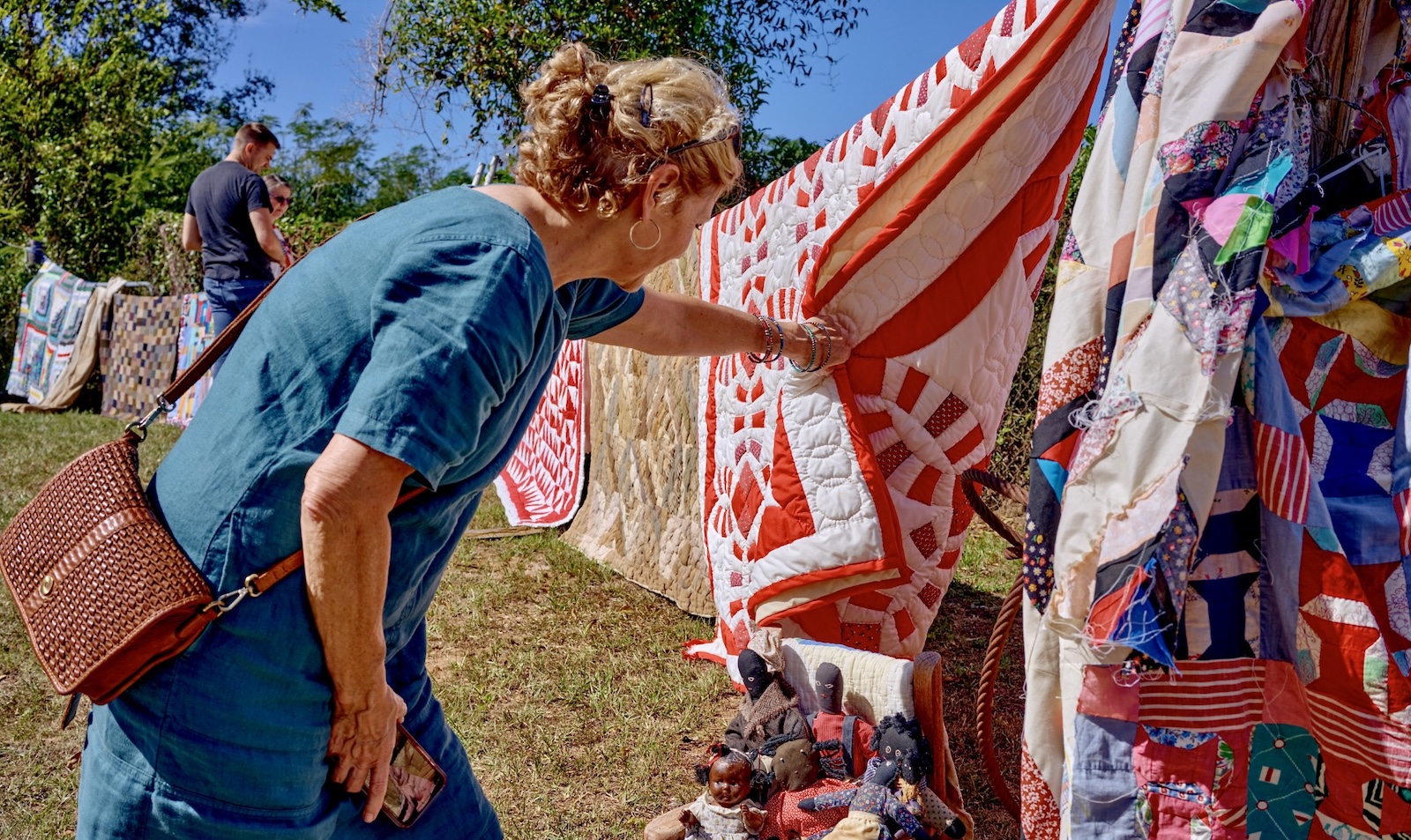Alabama is not a state that is historically synonymous with tech and innovation. That’s changing—rapidly—as Sloss Tech stirs the heart of a hidden hub.
The event has brought thousands from in and out of state to hear from top talent and thought leaders, such as technology entrepreneur and Reddit co-founder Alexis Ohanian, CEO, author, speaker, and online personality Gary Vaynerchuk, and co-founder of the Forward Party and former presidential candidate Andrew Yang. Founded in 2016 by TechBirmingham, Sloss Tech is a one-of-one technology and leadership conference whose importance cannot be understated.

Deon Gordon, CEO of TechBirmingham (Sloss Tech/Contributed)
Alabama is home to an impressive number of innovative minds and solutions, but it is critically undervalued on the national stage. We had the opportunity to speak with TechBirmingham CEO Deon Gordon, who gave us insight into Sloss Tech and what it means for Alabama.
“If you look at Birmingham’s emergence as a tech hub, it is a fairly recent phenomenon. We have so many things that are going for us, that are moving in our favor, but if you talk to people outside the city, and especially outside the state, they have no idea what’s taking place,” he shares.
He points to major moments in the city’s recent tech history that have gone largely unnoticed: “They don’t know that in 2017, we had Shipt sell to Target for $550 million. Shortly after that, in 2018, we had Shegun’s first significant financial event. He [Shegun Otulana of Therapy Brands] had his massive exit for $1.2 billion in 2020. That’s when we launched a partnership with Apple called Ed Farm.”
While these names and numbers are larger than life for many, few recognize the city or the state as a part of the conversation. In Gordon’s words, “Here we are at a place where we can legitimately say our region and our state are starting to become this emerging tech hub, and the rest of the nation is completely oblivious to it.”

(Sloss Tech/Contributed)
Birmingham serves as a home base for many of the state’s entrepreneurs, but Sloss Tech is an event that is intended to be representative of the whole state, thanks to Innovate Alabama. “We’re now partnering with Innovate Alabama, and under their leadership, we’re also partnering with ecosystems across the entire state. So, whether it’s Huntsville, Decatur, Northern Alabama, Montgomery, the Wiregrass, our counterparts down in Mobile and Baldwin County, they’re going to be represented at Sloss Tech and bringing representations of their ecosystem and their culture as well. We talk about tech and innovation a lot, but it’s really about lifting up the culture of these regions.”
The concept of culture is key for Gordon. He speaks to the somewhat cyclical nature of tech and innovation in the South and in Alabama, specifically. From his point of view, Birmingham has, and always will be, a tech hub. “Technology is a catchall term—it really is the practical application of knowledge. And if you think about the technology that gave rise to Birmingham—the steel-making process and the Henry Bessemer process—it revolutionized steel making. That was the tech. Birmingham was a tech hub. The focus was through the lens of heavy industry, but that was technology. That was cutting edge.”
The conversation opens to include the other ways in which Birmingham has played an important part in progress at pivotal points in history. For Gordon, everything that evolves within this ecosystem shares a similar sentiment. “Fast forward to the Civil Rights Movement and Human Rights Movement, and that was really about access and inclusion. That was about equal opportunity. Fast forward, and what are we talking about now? How do we make sure that people have access? How do we make sure that people have equal opportunity? So here you have a kind of DNA in a lot of respects.”

(Sloss Tech/Contributed)
Aiming to align with the forefront of innovation, Gordon feels a responsibility to hold his position with intention and purpose. The city’s storied history cannot be denied, and, according to Gordon, nor should it be. He identifies something beautiful in Birmingham’s story, “Whenever I have an opportunity to speak to people not just about Birmingham and the work that we do, but about Birmingham in general, I’m very quick to remind them that when you think about the Civil Rights Movement, Birmingham did not have a monopoly on people doing terrible things to people.” Within this point, he finds something especially potent. “Alabama wasn’t the only state that this was going on in. But the reason that people equate Birmingham and Alabama’s name so much and so deeply to that movement is because Birmingham and Alabama fought back.”
Gordon offers a fresh perspective positioned toward progress instead of pain, “While it is good for us to honor the past and recognize the injustices, it’s also good for us to celebrate the gains and the wins that would not have happened, but for Birmingham, Montgomery, Selma, and this entire state. The challenge has been that we are, not just locally, but nationally, more familiar with the tragedy and not as familiar with the triumph.”
For Gordon, it is the weight of the story as a whole that offers something salient, “I think if we told a more complete story, and we told it through the lens of those who fought back—how cool is it that in one state you have the tipping point of the Civil Rights Movement that started it, and also the turning point of the Civil Rights Movement that crystallized it and made the fight worth it.” Looking back through history, he notes, “You have almost a decade where Alabama is leading for the soul of the nation to fight for and make a better world because of it.”

(Sloss Tech/Contributed)
He finds that it is this essence that is still alive in the eyes of many entrepreneurs who come through the city. Over the course of the Venture for America program, which places entrepreneurs in cities across the nation to work and learn for a two-year period, Birmingham had one of the highest retention rates. “Birmingham had the largest percentage of Venture for America fellows who stayed in their city after the required two years. They can go anywhere, and they’re choosing to stay here now and make an impact,” Gordon shares.
From his perspective, all of these elements connect to tell the story of a state that speaks to people from its history of having hard conversations. He feels that its refreshing and raw honesty is the reason many entrepreneurs continue to call the Magic City home and are eager to participate in and champion Sloss Tech. “I lift that up as a point of pride for us. If you wanna roll up your sleeves and do hard work that will live well beyond you, what better city, what better state in which to do that?” he asks.
For Sloss Tech, the goal is to broaden others’ perception of Birmingham by providing something impactful and undeniable. “It’s a platform and an opportunity for us to really put our flag in the ground and say these are the great things going on in Birmingham. We’re not ashamed of it. We’re going to be vocal and aggressive in telling the story of going from steel to startups.”
Find Sloss Tech 2025 details and tickets here.




